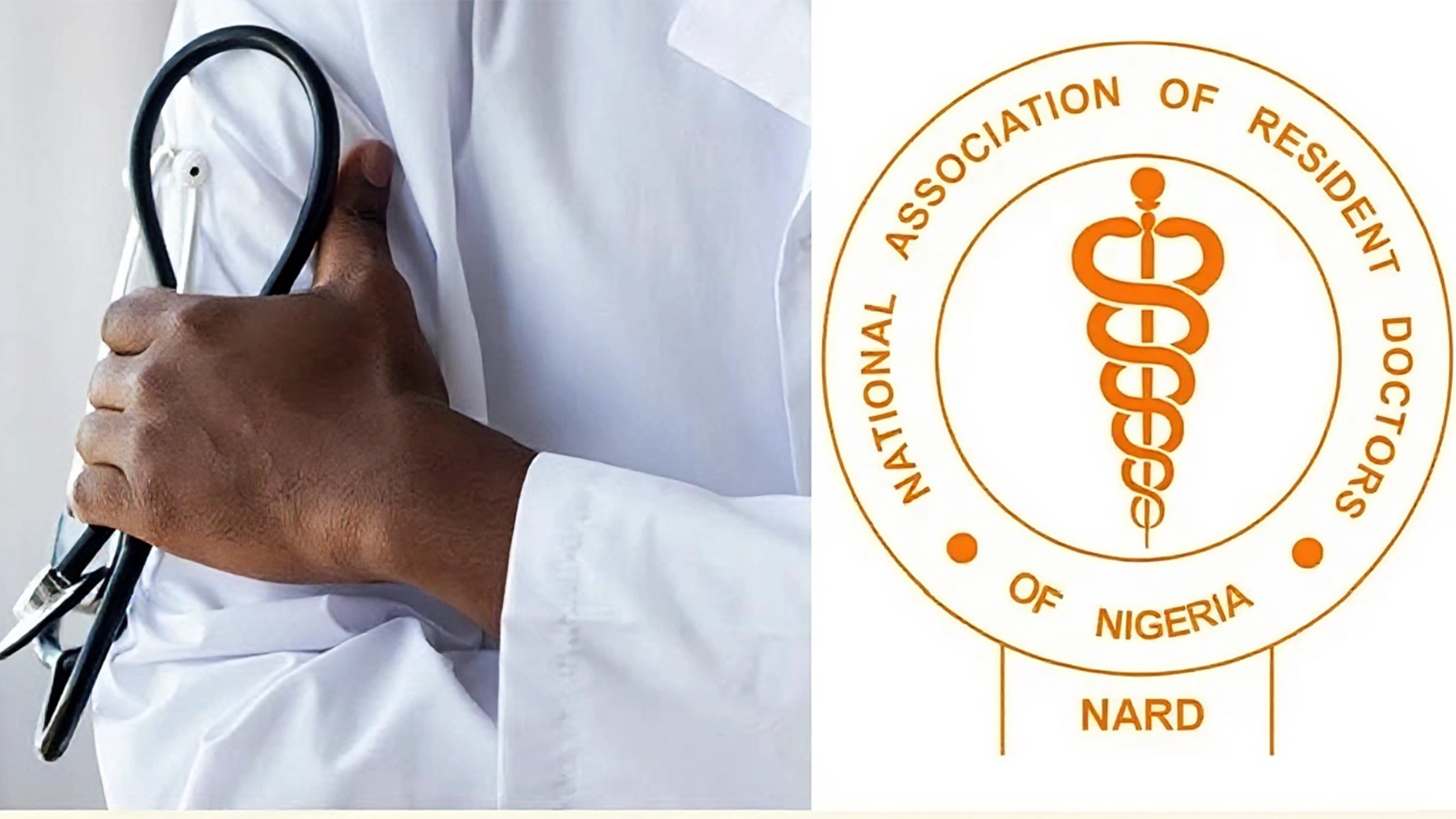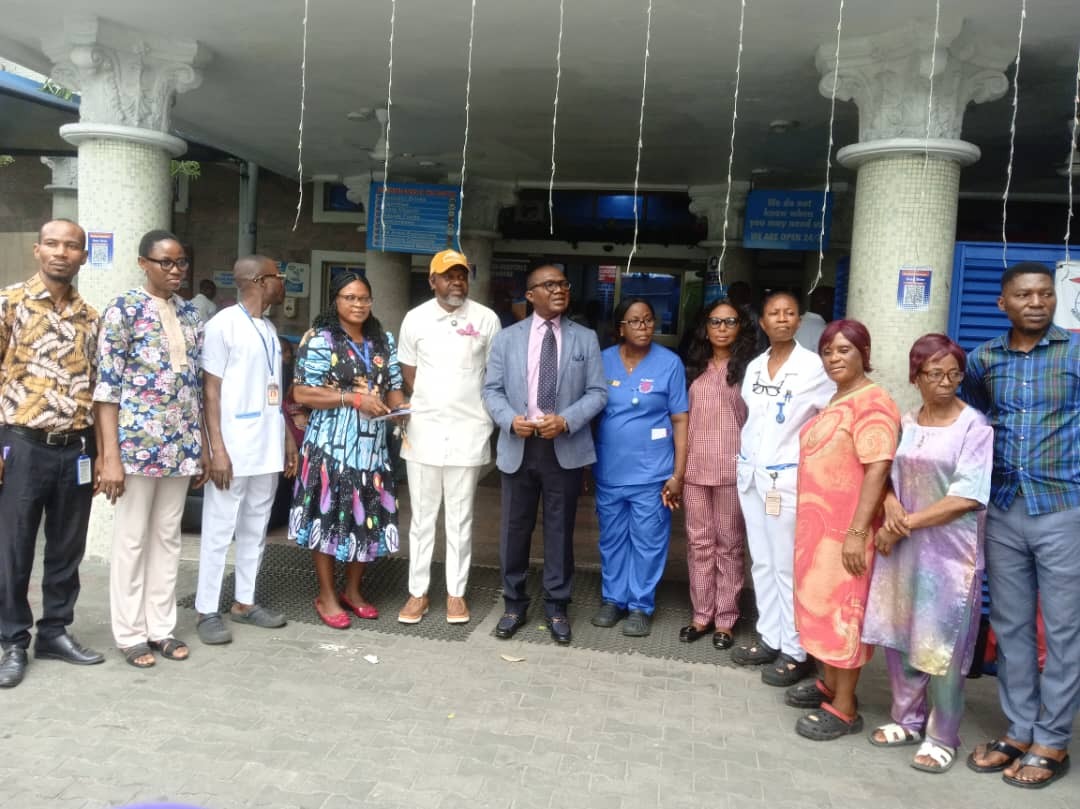In the growing global conversation about aging, health spending, and mental well-being, a young Ghanaian economist, Michael Somuah, is carving out an influential space.
An Applied Economics researcher trained at The George Washington University, Somuah, is earning recognition in the United States for work that uncovers a quiet but deeply consequential crisis affecting millions of older adults. His research reveals that functional limitations, often dismissed as a normal part of aging, are strongly linked to hidden psychological distress that remains undiagnosed, untreated, and financially costly for the American healthcare system.
Somuah’s recent empirical paper, titled ‘Functional Impairment Without Depression Diagnosis as an Indicator of Psychological Distress in Older Adults’, examines nationally representative data from the U.S. Behavioural Risk Factor Surveillance System. His analysis of more than ninety-five thousand older adults paints a compelling picture. Many seniors experience prolonged periods in which their health prevents them from engaging in ordinary activities, and although they have no formal diagnosis of depression, they exhibit levels of psychological distress equal to or even exceeding those of clinically diagnosed individuals. Through advanced statistical modeling, Somuah demonstrates that functional impairment alone is a powerful predictor of emotional strain. Older adults with significant limitations reported an average of six poor mental-health days per month even without a diagnosis, revealing a group whose suffering is largely invisible to the medical system.
The implications of this work are both economic and clinical. Somuah argues that untreated distress contributes to costly patterns of emergency visits, psychiatric crises, long-term care admissions, and inefficient use of health resources. His findings challenge the traditional assumption that mental-health care should begin only after a formal diagnosis. Instead, he presents functional impairment as a behavioral marker that policymakers and clinicians should treat as an early warning signal, one that could allow health systems to intervene long before expensive crises emerge. This perspective arrives at a time when U.S. federal insurance programmes, Medicare and Medicaid, are grappling with rising financial strain as the population ages.
Somuah’s broader research trajectory reinforces the significance of his findings. His experience at the World Bank Data Lab, where he built machine-learning models to analyse economic vulnerability across countries, gives him a unique blend of quantitative skill and policy insight. His proposed research endeavour aims to strengthen the economic evidence needed to redesign mental-health care for older adults. He intends to analyse Medicare and Medicaid claims, electronic health records, and national surveys to quantify the fiscal burden of mental and behavioral health conditions among seniors. His plans also involve evaluating the cost-effectiveness of modern care models such as tele-mental health, integrated behavioral health in primary care, and community-level screening programmes. In addition, he aims to develop predictive models that identify older adults at risk of preventable psychiatric crises, allowing policymakers to shift from reactive spending to proactive prevention.
What distinguishes Somuah’s contribution is the clarity with which he links economic analysis to human well-being. His perspective is shaped by both academic training and lived experience. Raised and educated in Ghana before advancing to graduate studies in the United States, he has seen how aging populations across Africa face similar and often more severe challenges including limited access to mental-health care, financial vulnerability, and the social isolation that accompanies functional decline. While his current research uses American data, the lessons it offers are deeply relevant for the West African context. Countries such as Ghana and Nigeria, with expanding older populations and under-resourced health systems, confront the same fundamental questions about how to detect emotional suffering early, protect the dignity of older citizens, and manage the rising costs associated with chronic illness.
Somuah represents a new generation of African scholars whose research transcends national boundaries. His journey from operations management in Accra to advanced econometric research at The George Washington University, to sophisticated modeling work at the World Bank Data Lab, and now to scholarly contributions on mental health and aging, reflects unusual intellectual range and purpose. In Maryland, where he also teaches quantitative modeling and mathematics, he continues to integrate technical skill with a commitment to evidence-driven social improvement.
As health systems worldwide confront the pressures of aging populations and escalating medical costs, the significance of Somuah’s work becomes increasingly clear. His research suggests that sustainable and equitable care begins with recognising the everyday functional challenges of older adults. By reframing functional impairment as both a clinical and economic signal, he offers policymakers a practical roadmap for identifying distress early, integrating mental-health screening into routine care, investing in interventions that preserve physical function, and shifting resources from crisis response to prevention.
In the global research arena, where African voices often remain underrepresented, Michael Somuah is demonstrating what rigorous, socially grounded scholarship can achieve. His work not only advances the field of mental-health economics but also offers governments a set of tools capable of reducing avoidable spending while improving the lives of millions of older adults. For Ghana, Nigeria, and the broader African region, his research provides timely insight into how economic evidence can guide humane and forward-thinking health policy in the twenty-first century.






